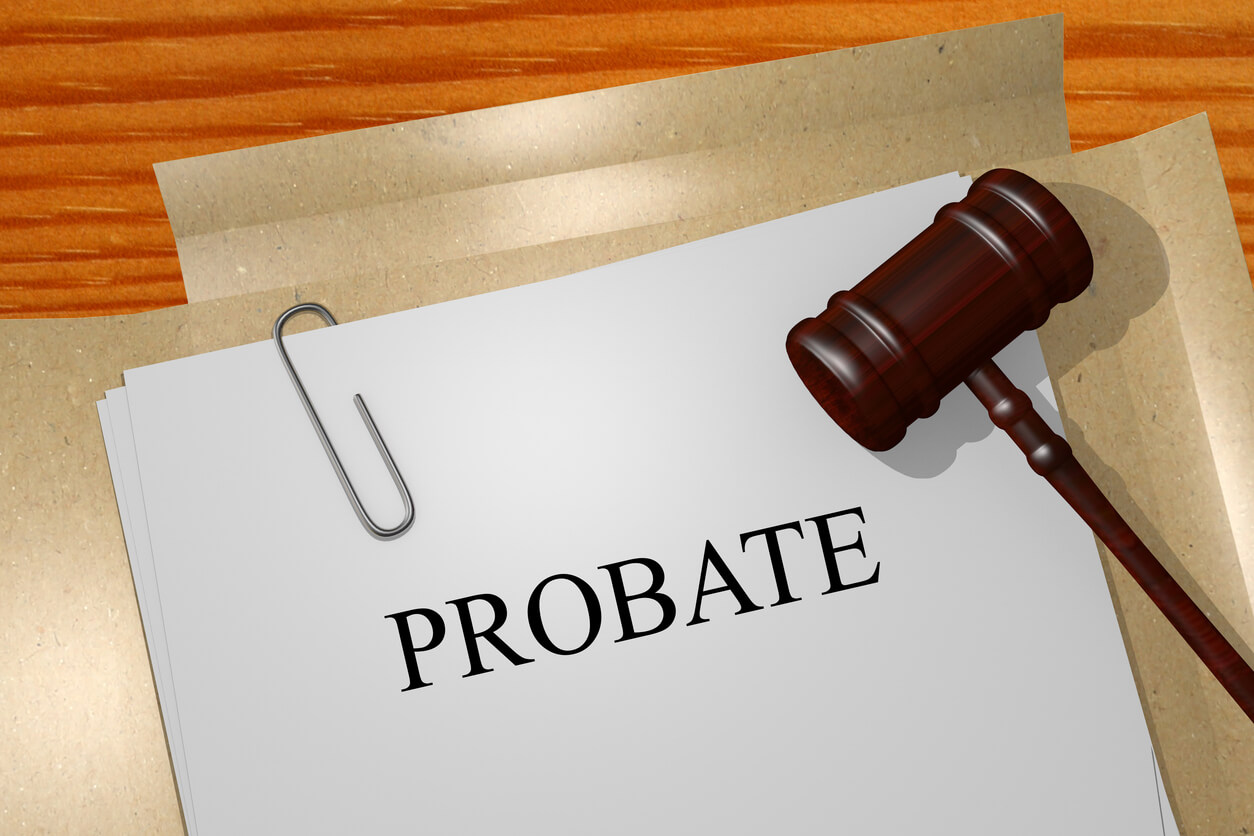When a person passes away, their estate must be managed and distributed according to their wishes and in compliance with the Probate Code. In some estates, a probate bond may be required
What Is a Probate Bond?
A probate bond, also known as an estate bond or surety bond, is similar to an insurance policy and serves as a financial guarantee for the actions of an executor or administrator (personal representative). The bond protects the interests of beneficiaries, creditors and others by ensuring the personal representative will administer the estate according to the law and the wishes outlined in the will.
The total value of the estate typically determines the bond amount, and it must be obtained before the Register of Wills will grant authority to the personal representative. Should this person or institution mishandle the estate—by misappropriating funds, failing to pay off debts, or violating any legal obligations—the bond provides a financial recourse for the injured parties.
If a claim is made against the bond and found valid, the bonding company will compensate the claimants, and the executor will be responsible for reimbursing the bonding company. This mechanism mitigates risk for beneficiaries and reinforces accountability among individuals tasked with managing estates.
When Is a Probate Bond Required?
A probate bond is required in several situations. The most common circumstances that necessitate the procurement of a probate bond include:
- Out-of-state Personal Representatives. If the proposed personal representative resides outside of the Commonwealth of Pennsylvania, the Register of Wills will usually mandate a bond to protect the interests of the estate’s heirs and others.
- Will Provisions. In most wills, the executor is relieved of the duty to obtain a surety bond. However, if the will does not relieve the executor of this duty, then the Register of Wills will require a probate bond before the executor is appointed.
- Other Circumstances. There are certain other circumstances which will require the issuance of a probate bond. Most commonly, a bond will be required if the decedent dies without a will and the proposed personal representative lives outside of the Commonwealth of Pennsylvania.
What Are the Types of Probate Bonds?
Executor Bond
An executor bond is needed when an individual is appointed to manage an estate as outlined in a will, and the will does not relieve the executor of this responsibility. This bond ensures that the executor will fulfill their duties, such as paying off estate debts, managing assets, and distributing the property according to the deceased’s wishes. Beneficiaries gain financial protection through the bond if the executor does not comply with their responsibilities.
Administrator Bond
Similar to an executor bond, an administrator bond is issued when the proposed personal representative resides outside of the Commonwealth of Pennsylvania. This bond guarantees that the administrator will manage the estate honestly and in accordance with state law. It protects the heirs and creditors from potential mismanagement or fraud, ensuring that the estate is administered fairly.
Trustee Bond
A trustee bond is required when a trustee is appointed to manage a trust. This bond protects the trust beneficiaries and ensures the trustee acts in their best interests, complying with the terms of the trust agreement. This type of bond is vital in conserving trust and accountability within fiduciary relationships.
Conservator Bond
When a conservator is appointed to manage the financial affairs or personal care of a minor or an incapacitated adult, a conservator bond may be required. This bond protects by ensuring the conservator manages the person’s wishes ethically and responsibly. It also prevents financial exploitation by holding the conservator accountable for their decisions.
Guardianship Bond
A guardianship bond is necessary when an individual is appointed guardian for a minor or an incapacitated adult. This type protects the ward by ensuring the guardian manages their affairs appropriately and with integrity. If the guardian misuses funds or fails to meet their duties, the bond will compensate the ward.
When are Probate Fees Due and How Much Does a Probate Bond Cost?
Generally speaking, bonding fees are paid before the personal representative is appointed. Bonds are generally renewed annually. The bonding requirement ends when the estate administration process is completed. When the estate is closed the bond may be canceled.
The amount of the bond required and the associated premium may change over the life of the administration of the estate. For example, if the estate sells real property, like the home of the deceased person, the Court may require the posting of an additional bond before the estate is authorized to receive any of the funds from the sale of the property.
- Bond Premium. The bond premium is the main cost of obtaining a probate bond. The premium is typically calculated as a percentage of the total value of the estate and generally includes a risk assessment by the bonding company of the proposed personal representative. Premium costs must be paid upfront and usually need to be renewed each year until the probate process is completed.
- Other costs may be due but vary greatly depending on the county in which the estate is probated.
Hire Heiligman & Mogul, P.C. for Professional Estate Probate Services in Pennsylvania
Heiligman & Mogul, P.C. has provided quality estate administration and probate services since 1983. The probate process can be complicated. Our experienced attorneys can help you navigate this process. As a trusted law firm in Pennsylvania, we can assist you with acquiring a probate bond and other legal services related to estate management.
Contact us today if you need additional details about estate probate services.

